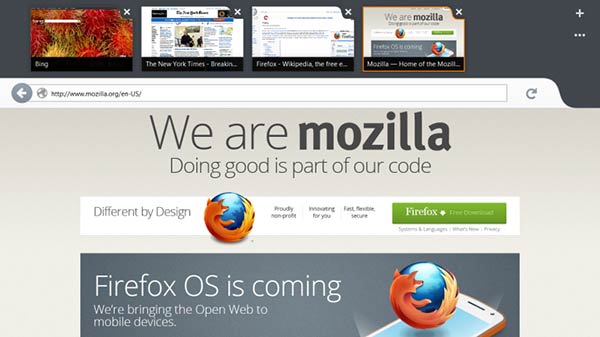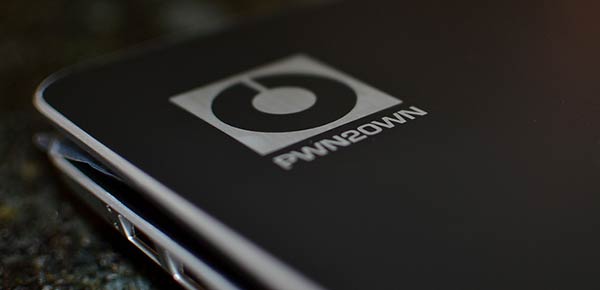The oft-delayed Mozilla Firefox for Windows 8 'Metro' has been put on ice indefinitely. A team of programmers has been working on developing the touch-friendly version of the Firefox browser for the Windows Modern UI since late 2012. However, since observing the "flat" adoption rate of the platform, Mozilla has now decided to re-allocate resources to projects with much more impact to its mission.

Johnathan Nightingale, Vice President of Firefox, explained the decision to cease the development of the Windows Metro version of Firefox in a blog post. While the development team has done good solid work he said that Mozilla has to carefully "pick our battles," and focus on getting the most impact from its investments. The time, effort and other resources spent on making and maintaining a Modern UI version of Firefox isn't deemed to be worth it.
"As the team built and tested and refined the product, we’ve been watching Metro’s adoption. From what we can see, it’s pretty flat. On any given day we have, for instance, millions of people testing pre-release versions of Firefox desktop, but we’ve never seen more than 1000 active daily users in the Metro environment," wrote Nightingale. Mozilla for Windows Modern UI was a "significant investment and low impact," project he concluded.
The project cancellation does have some risk – if Metro becomes suddenly popular then the associated Firefox project will have to "scramble to catch back up". However Mozilla has judged that is an unlikely situation, even with Microsoft's heavyweight pushing. Hopefully for Mozilla's sake, we won't see Windows 8 tablets "lead the tablet race in 2014," as predicted by some analysts earlier this year.
Firefox hounded at Pwn2Own
In related news Firefox didn't fare so well at the Pwn2Own event on Friday in Vancouver. VRZone reports that it was the browser with the "most security shortcomings with four separate exploits being developed," during the event. The apparent insecurity of Firefox to attacks is said to be largely down to its lack of 'sandbox' memory protection and comparatively infrequent updates.

However no browser escaped the hackers' zero-day prying and Internet Explorer, Chrome, Safari and Adobe Flash Player were all found vulnerable to a single new exploit each. Researchers get prizes for finding the exploits but payouts for Firefox are the smallest at $50,000 compared to $100,000 being offered for flaw discoveries in either Chrome or Internet Explorer.













